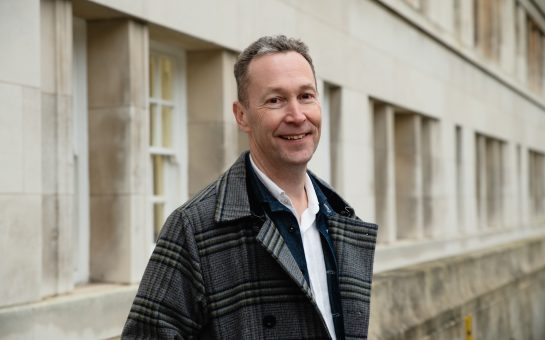Researchers at the University of Manchester have developed a theory that could kick-start improvements in the way robots walk.
The study used ‘perceptual control theory’ to guide a Lego robot’s balancing abilities – by allowing the droid to sense its own surroundings so that it moved around more effectively, just as humans and other animals do.
Though the robot moves on two wheels, it is an ‘inverted pendulum’, which requires nimble balancing in a similar way to how humans keep themselves upright when we walk.
Researchers said their test unit can analyse its environment more than 100 times per second – helping it to travel more efficiently than previous algorithm-based guidance systems.
Take a look at this interesting video from @OfficialUoM – their new research could help speed up developments in robots’ abilities to walk. My story on @MM_newsonline soon @FBMH_UoM pic.twitter.com/2KXqeVD7uD
— Ethan Davies (@Ethan___Davies) March 4, 2020
The theory, which has been used widely in psychological therapies, education, and parenting interventions, was programmed to respond to the ‘needs’ of the robot.
This meant the machine reacted ‘more effectively’ to being nudged or sent off-course by researchers, compared to those programmed with algorithms.
This experiment was the first to directly compare perceptual control theory to balancing algorithms in a head-to-head test.
Dr Simon Watson, Senior Lecturer in Robotic Systems at the University said: “Nature has developed the most complex machines we know, so being able to implement algorithms inspired by them is an important step in our own creative development capability.”
Dr Warren Mansell, Reader in Clinical Psychology at The University of Manchester said: “Although this is early work, it is tantalising to see how a scientific theory used to help people with mental health problems might actually help engineers to improve their designs of artificially intelligent devices.
“Robots are yet to match the abilities of those in science fiction hits like Star Wars and Blade Runner and none have mastered walking on two feet.
“But the use of the theory could really enable the transformation of robots into more lifelike machines.”
Image courtesy of University of Manchester, with thanks.



